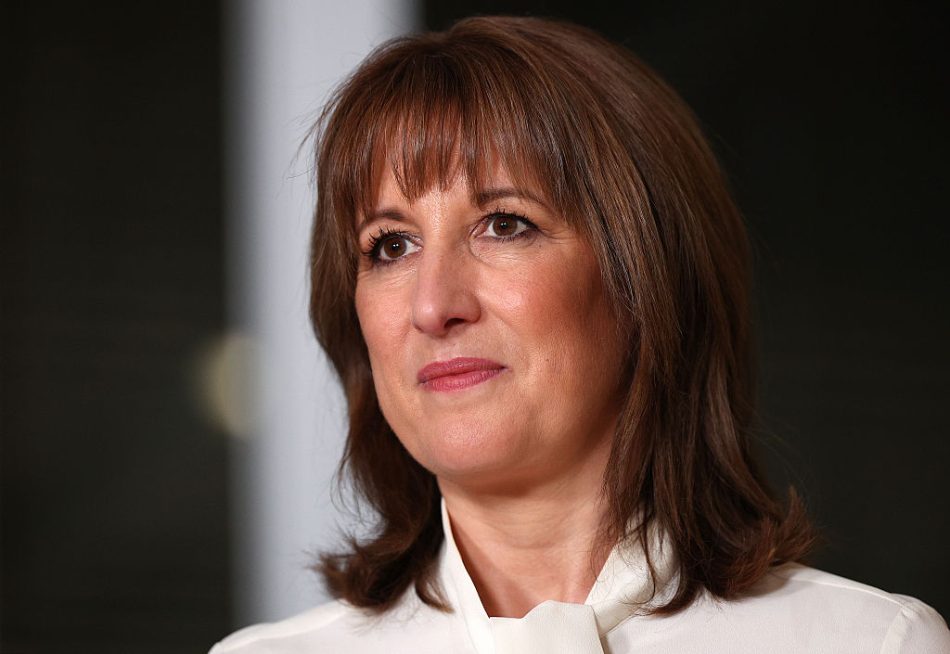‘How old does he think you are?’ asked my husband when I told him my GP had asked me if there was any pain in my tummy. Such infantilising language has already made poo the normal way of talking about excrement.
Now it’s tummy. Last week the manager of Arsenal admitted that choosing a team sometimes gives him a ‘bit of tummy ache’. There is even an outfit called the Happy Tummy Co, which bakes bread that is said to be easily digestible.
It is not as though stomach was particularly indelicate. Queen Elizabeth I at Tilbury was happy to claim ‘the heart and stomach of a king’, though she might have hesitated to refer to her bottom (coming in at that time as a less forthright term than arse).
Tum and tummy both appeared in the 1860s. W.S. Gilbert, before his partnership with Arthur Sullivan, had a hit with his humorous Bab Ballads, first published in Fun, a rival to Punch, in the 1860s. In 1867, one featured, in a dreamlike way, the fatal adventures of a Turk in Sussex, with Gilbert’s grotesque illustrations (a little like W.M. Thackeray’s or Richard Doyle’s). Called ‘The Fatal Tum’, it included the phrase little tummy.
The most famous tum of the era belonged to the Prince of Wales, Bertie. His Marlborough House set nicknamed him Tum Tum, though not to his face, except in the case of Sir Frederick Johnstone. Sir Frederick was behaving obstreperously one day in the billiard room at Sandringham, as Jane Ridley tells in her biography of Edward VII, when Bertie put his hand on his shoulder: ‘Freddy, Freddy, you’re very drunk.’ To this Sir Frederick was said to have replied: ‘Tum Tum, you’re very fat!’ Their friendship ended. That might be true, despite resembling the even less convincing drunk-ugly exchange attached to Winston Churchill and Bessie Braddock in 1946. But no one is ugly now, and they’re obese, not fat, however great the circumference of their tummy.






Comments